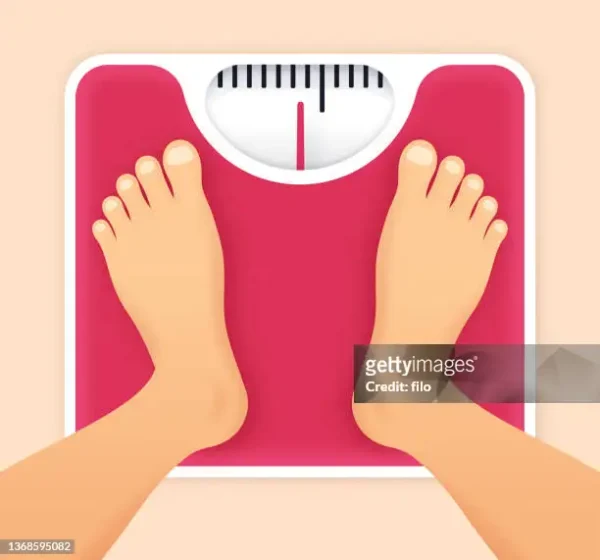Should You Be Walking 10k Steps a Day?
Getting ready to complete those 10,000 steps.
October 25, 2022
All over the internet, social media platforms, and as even a default setting on most fitness apps, you will be told you should be getting at least 10,000 steps on a daily basis. The benefits of walking 10k steps daily have been said to decrease anxiety and depression, improve sleep, maintain weight, reduce the risk of a heart attack and stroke, and improve overall health status.
10,000 steps a day is not as easy as it sounds as it equals about five miles. Will carving out that much time a day, given that a brisk walk may cover one mile in thirty minutes, meaning to cover five miles may take almost three hours, really make a difference in our overall health? Or is it just another fitness trend? For that matter, when did this start?
The 10k steps trend can be traced back to 1965 from a doctor in Japan. Dr. Yoshiro Hatano began selling a pedometer known as the manpo-kei (10,000 steps meter). Hatano’s selling point was if you completed 10,000 steps a day, you could consider yourself fit. It was rumored he picked 10k to be exact because of the Japanese symbol resembling a walking man.
Since Hatano, there has been no strong evidence to suggest that 10,000 is any kind of turning point for fitness. The lack of evidence has not stopped fitness influencers and celebrities from telling you in order to be considered fit, you must get 10k steps in.
“For me walking ten thousand steps is a good way to clear my head, not to be deemed as fit. It irritates me to constantly see ‘influencers’ preach about health knowledge they know nothing about, ” said senior Eliza Chandler.

But before you set any fitness goal like walking 10,000 steps, take a minute to understand what you’re embarking upon.

























